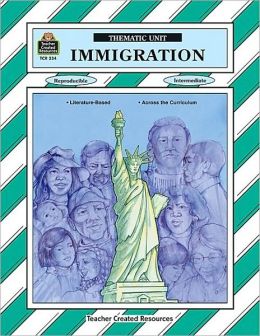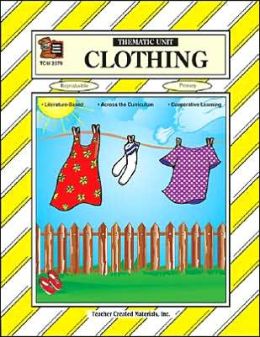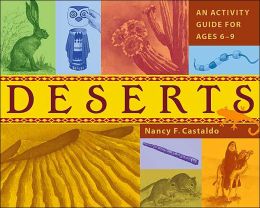When I have someone new to home schooling, I like to point them towards thematic units. One of the first things they teach you in your education courses is that children retain things best when they can make connections: when the math is all about what you are learning in social studies, which is also what the stories you are using in reading relate to, and the art, and the writing exercises, and so on, and so on. And, one of the first things you learn when you become a public school teacher, is that you are not allowed to teach that way.
But, I digress.
When you have kids who have been turned off of learning, your first step is to build motivation - to make learning fun, again. I usually counsel parents in this situation to set aside the 'curriculum' for the moment, and start with something their child is interested in. It is a little nerve-wracking at first, feeling like you are going to get way behind if you don't jump in with both feet, but motivation is such a huge factor. If your kids are going to fight you every step of the way, you may just find yourself putting them back in public school, even more behind and with a worse attitude than they had to begin with. Think of it as taking a long car trip - you know things will go so much more smoothly if you take the time to check the car over, look at a map, and pack some snacks, right?
We have a multitude of thematic units, covering a variety of subjects and age groups. The first two I am highlighting come from Teacher Created Materials:

9781557342348
This first is on a 'serious' subject, and one that you can easily relate to the evening news - good for older kids who are asking, "Why do I need to know this stuff, anyway?" Like the other TCM units, it bounces off of several fiction books - in this case, Do People Grow on Family Trees, Molly's Pilgrim, How Many Days to America?, and Hello, My Name is Scrambled Eggs. Unfortunately, the third title is the only one we have here at the library, but if you can't find the others elsewhere, the activities are easily modified to fit a similar book.
Each book's section comes with a suggested lesson plan (great for those just starting out, who want some sort of organization), followed by extension and discussion activities that go across the curriculum. By all means, add or skip activities that don't fit your child's learning style - there is art, there is math, there is writing. You can interview family members about their ancestry, or figure out the price of items that are 20% off (now there's a good life skill!)
On a lighter topic, for the lower grades, we have:

9781576903797
This unit uses Mary Wore Her Red Dress, which we do not have, and The Emperor's New Clothes, which we do. The first is actually an old folk song, and if you check Youtube, you can find a myriad of videos of people reading it. School off Youtube? Tell me that won't get your child's attention!
Activities include sorting socks with odd or even numbers on them (toss those in a baggie and put it in your purse for waiting-in-the-doctor's-office times!) and looking at clothing words from around the world (derby? kimono? Can you find the country of origin on a map?) Units like this are great for making things fun again, and for finding connections in your daily life.
Finally, for the young man who just wants to explore outside, not sit inside at your makeshift desk all day:

9781556525247
Chapter headings include "Welcome to the Wild West" (in which you will learn about saguaros and petroglyphs), "Deserts Down Under", and "Not All Deserts are Hot". Heck, if you can teach your child to consistently use "deserts" and "desserts" properly, you will make this former copy editor happy, but there is much more fun to have - from animals to cultural groups* to geology. Kids will use every part of the curriculum, and probably drive the adults around them crazy with their new expertise.
* I do wish Navajo sand painting and Hopi kachina dolls - each parts of that group's religion - were not treated as art projects to replicate. Would we consider making a rosary an art project? These pages can serve as a good discussion starter, though, so I'm not going to discount the whole book. Use your judgement!
These are just a few of the unit studies we have available - and, once you have gone through a few of these, you will find it easy to make up your own!
No comments:
Post a Comment